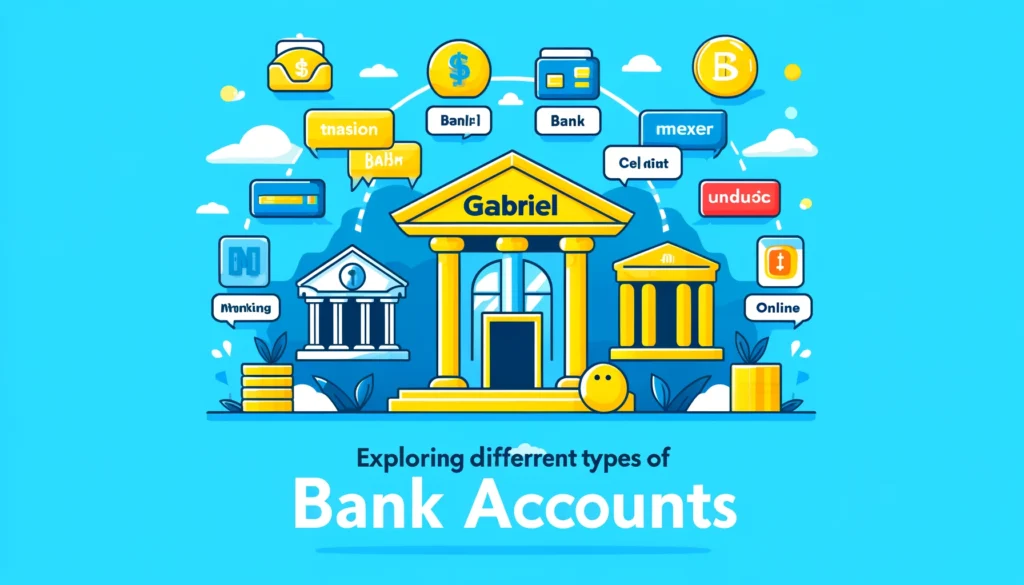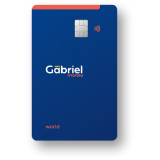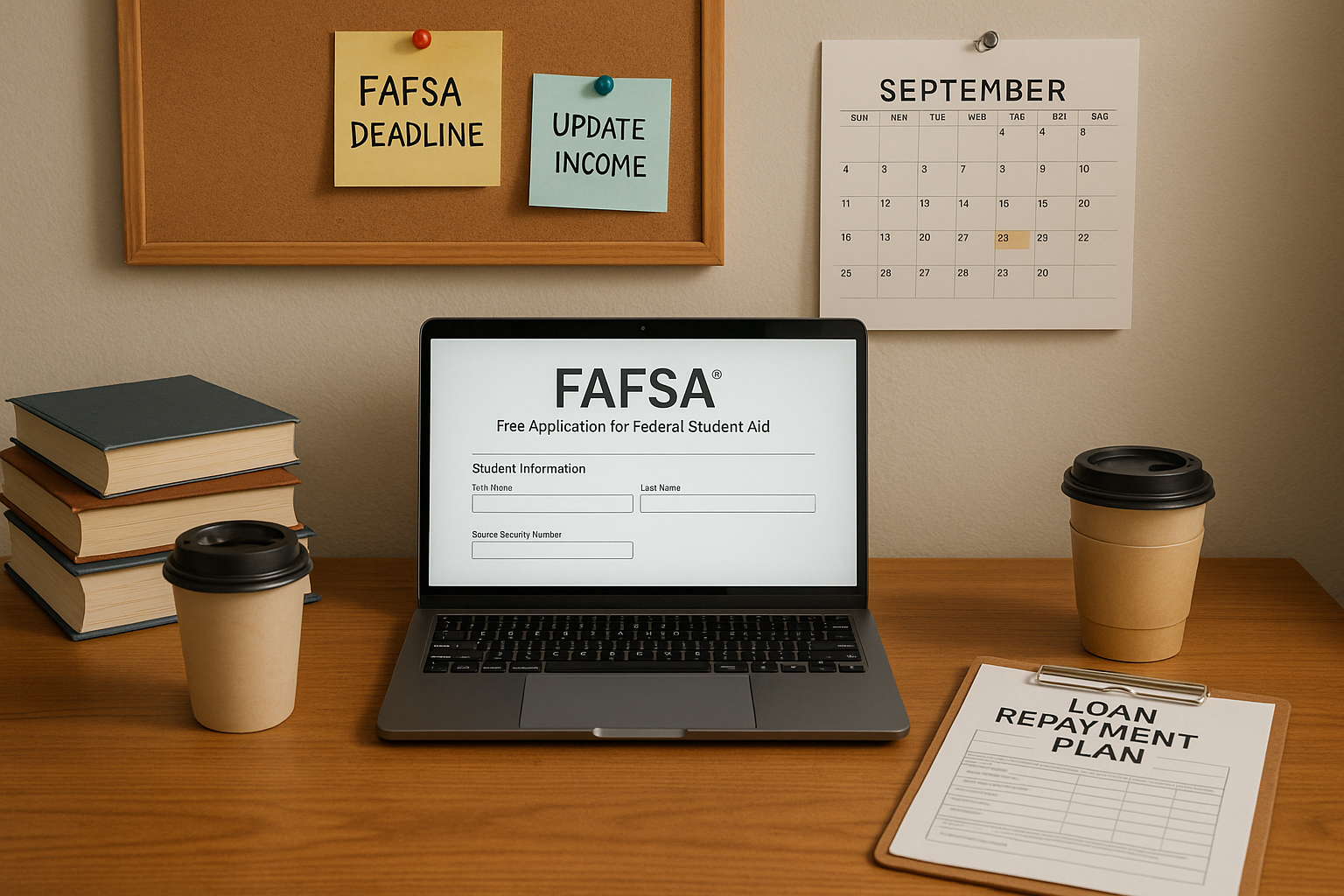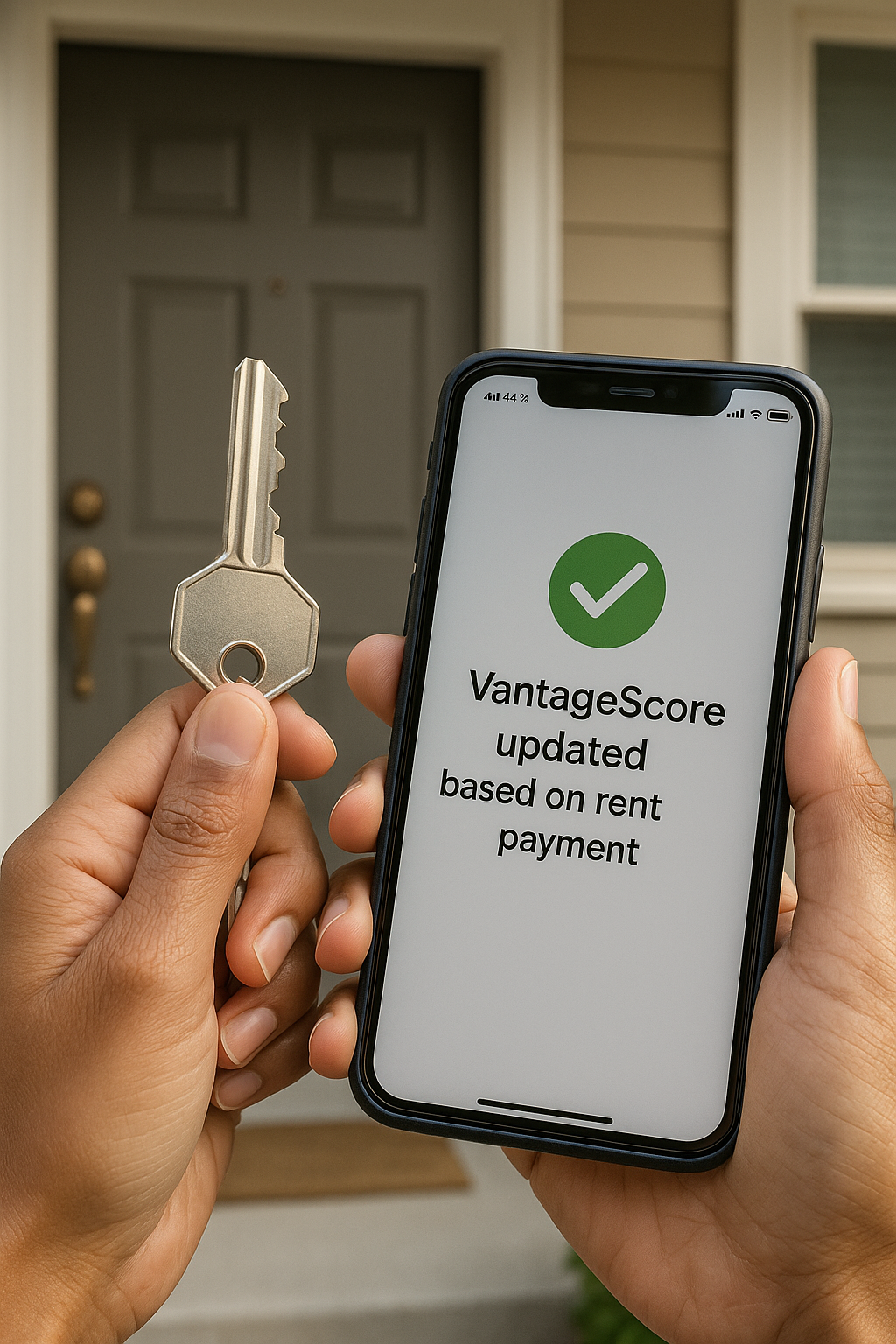
Several factors determine one’s need for a bank, depending on current needs and future goals. In this blog post, we will explore how to choose the ideal bank for you:
Exploring Different Types of Bank Accounts
Checking Accounts
Checking accounts are ideal for daily transactions, bill payments, and accessing funds easily. They often come with a debit card and checks, making it convenient for everyday use.
Savings Accounts
Savings accounts help you grow your money over time through interest. They are suitable for saving money for emergencies, big purchases, or future goals.
Certificates of Deposit (CDs)
CDs offer higher interest rates compared to regular savings accounts but require you to keep your money locked in for a specific period. They are great for long-term savings goals.
Money Market Accounts
Money market accounts combine features of both savings and checking accounts. They usually offer higher interest rates and limited check-writing capabilities.
Types of Banks
Traditional Banks
Traditional banks have physical branches and offer a wide range of financial services, including checking and savings accounts, loans, and investments.
Credit Unions
Credit unions are member-owned financial institutions that typically provide higher interest rates on savings accounts and lower fees on services compared to traditional banks.
Regional Banks
Regional banks operate in specific geographical areas and may offer personalized services tailored to local communities.
Online Banks
Online banks operate primarily through digital platforms, offering competitive interest rates and low fees due to lower overhead costs.
Neobanks
Neobanks are digital-only banks that focus on providing innovative banking solutions through mobile apps and online portals.
Factors to Consider When Choosing a Bank
Fees
Be mindful of account maintenance fees, ATM fees, overdraft charges, and other fees that can erode your savings over time.
Interest Rates
Compare interest rates on savings accounts, CDs, and other accounts to maximize your returns on deposited funds.
Online Accessibility
Consider the ease of online banking, mobile app functionality, and digital tools offered by the bank for managing your finances conveniently.
Security
Ensure the bank has robust security measures in place to protect your personal and financial information from cyber threats.
ATM Access
Check the availability of ATMs in your area and whether the bank reimburses ATM fees from other networks.
Questions to Ask When Comparing Bank Options
Monthly Service Fee
Inquire about monthly service fees and whether they can be waived by meeting certain requirements, such as maintaining a minimum balance.
Access to Money
Understand the bank’s policies on ATM withdrawals, transfers, and overall accessibility to your funds.
Deposit Account Rates
Ask about interest rates on savings accounts, CDs, and other deposit products to make an informed decision based on potential earnings.
Special Features
Explore special features such as mobile check deposit, budgeting tools, and rewards programs that enhance your banking experience.
FDIC Insurance
Verify if the bank is a member of the Federal Deposit Insurance Corporation (FDIC) to ensure your deposits are protected up to the insurance limit.
Customer Service Reputation
Research reviews and ratings to gauge the bank’s customer service quality and responsiveness to resolve issues effectively.
Choosing the right bank is a personal decision based on your financial goals and preferences. Consider these factors and questions to find the ideal bank that aligns with your banking needs and priorities. To learn more about our Gabriel Secured Card click here!







